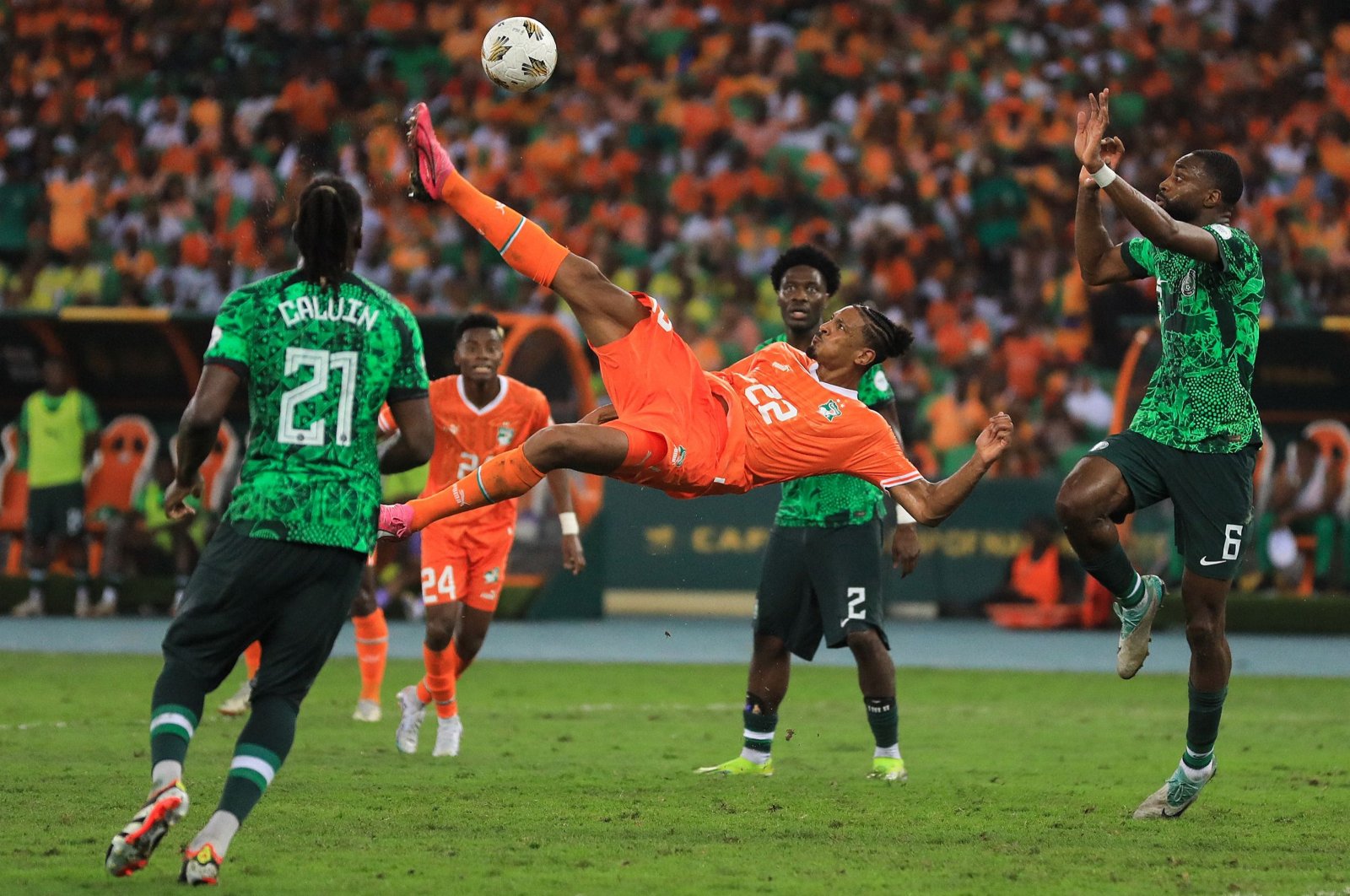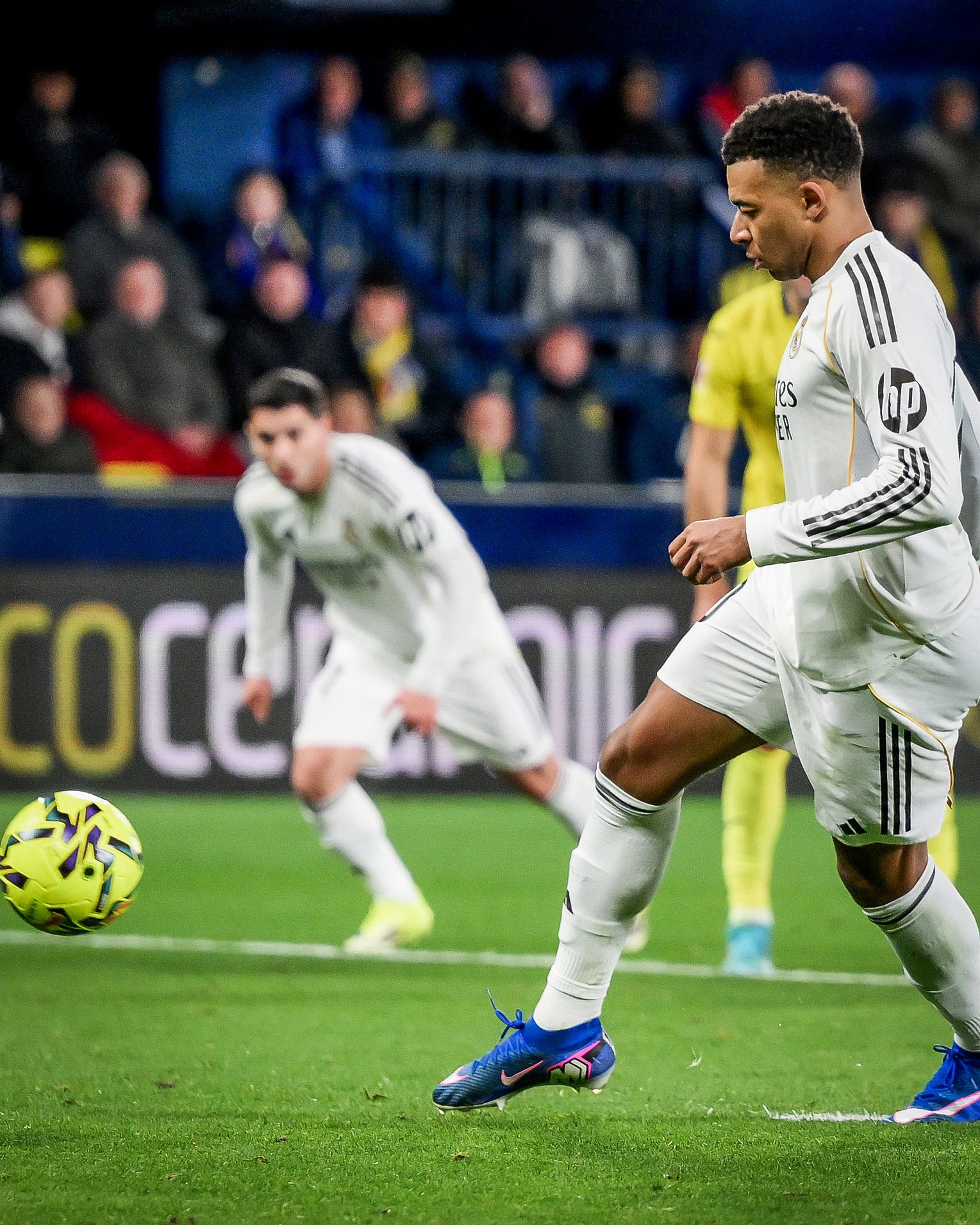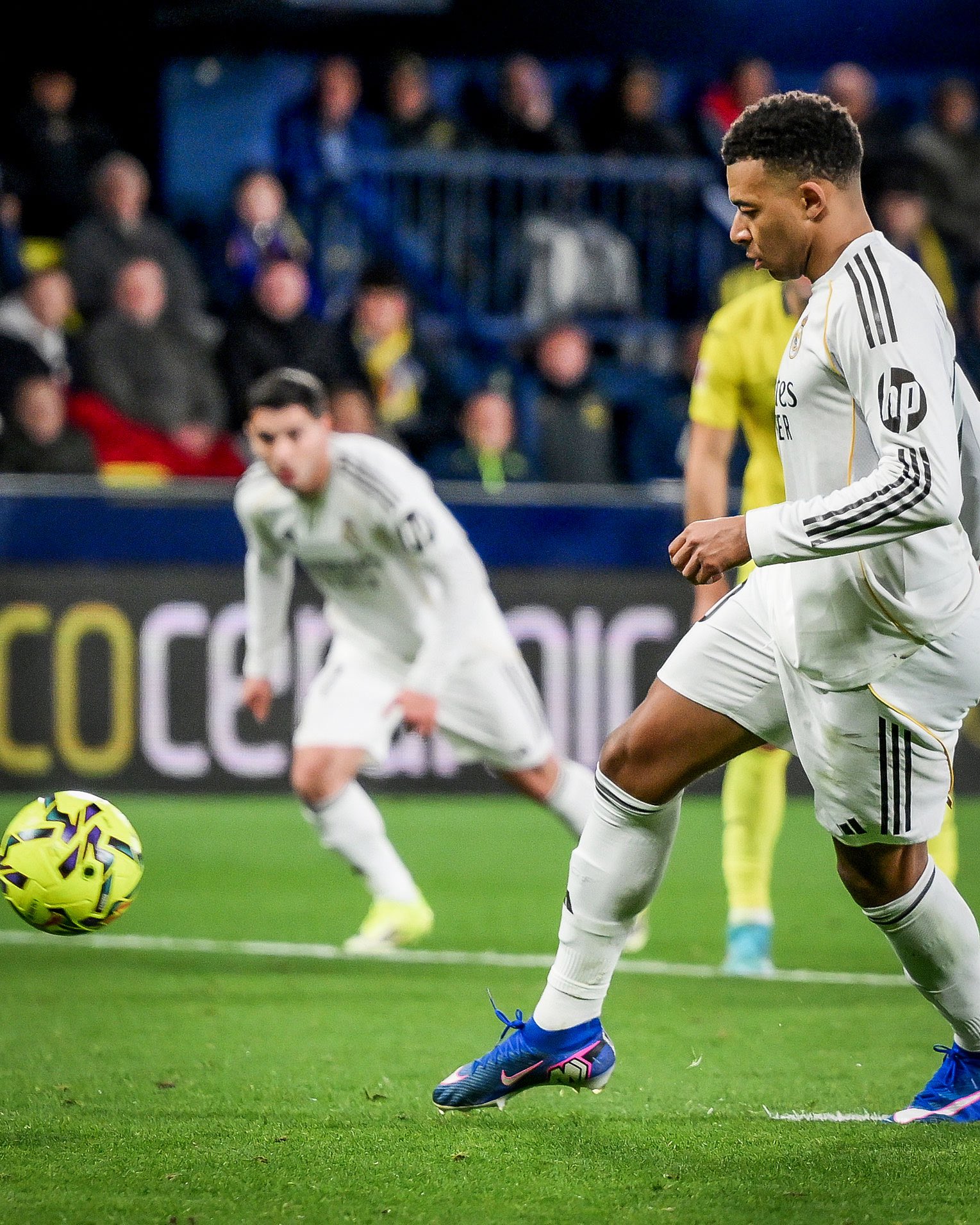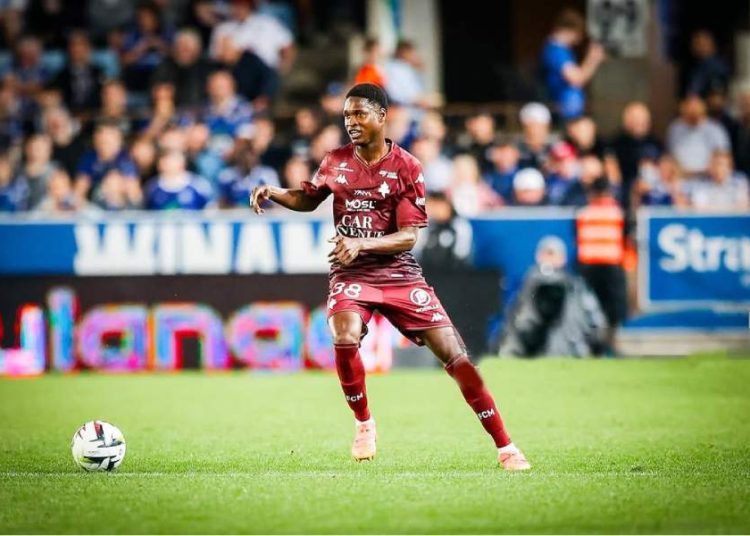Football is by far the most popular sport in Africa, captivating millions across the continent with its accessibility, passionate following, and deep cultural roots.
While sports like athletics, basketball, rugby, and cricket have strong followings in specific regions—especially rugby in South Africa, Kenya, and Namibia; cricket in Zimbabwe and South Africa; and athletics in East Africa—none match the pan-African reach and emotional intensity of football.
From the dusty pitches of rural villages to the bright lights of international stadiums, football reigns supreme across Africa.
The sport’s dominance is evident in the continent’s widespread participation, television ratings, grassroots engagement, and the growing number of African stars lighting up leagues around the world.
In almost every African country, football transcends sport. It serves as a powerful unifier, breaking down barriers of language, ethnicity, and class.
Nations come to a standstill during major tournaments like the Africa Cup of Nations (AFCON) or World Cup qualifiers.
Matches involving continental giants such as Nigeria, Egypt, Senegal, Ghana, Algeria, or Morocco command massive audiences both at home and in the diaspora.
According to FIFA and CAF data, football has the highest number of active participants in Africa, both formally and informally.
Children play with homemade balls in townships and rural communities, while professional clubs compete in structured leagues with growing financial backing.
Countries like South Africa, Egypt, and Tunisia have long-standing domestic leagues with loyal fanbases, while newer footballing nations such as Cape Verde and Comoros have made significant strides in recent years.
The continent’s love for football is also fuelled by its export. From the times of George Weah, the first and only African to win the World Footballer of the Year award to Abedi Pele of Ghana, Samuel Eto’o to Kanu Nwankwo, Jay Jay Okocha, Didier Drogba, Michael Essien and others.
Today players like Mohamed Salah, Sadio Mané, Victor Osimhen, Achraf Hakimi, and Thomas Partey have become global stars, representing Africa on the biggest footballing stages—from the English Premier League to Serie A, La Liga, and the UEFA Champions League.
Their visibility reinforces the sport’s appeal back home and provides inspiration to millions of aspiring young footballers.
Beyond the elite level, football is embedded in Africa’s social fabric. It’s played in schools, universities, and community clubs.
Several nations have invested in youth development academies and football infrastructure, while NGOs and foundations use the game as a tool for education, peacebuilding, and empowerment.
Tournaments like CHAN (African Nations Championship) also give a platform to players based in their domestic leagues, adding further value to local football ecosystems.
So you would find that some of the world’s biggest news organisations and sports outlets like BBC Sport Africa provide extensive player profiles and features unlike the other sports.
Official reports on player registrations or global participation data from FIFA.com or CAFOnline.com also show the popularity of the sports of football in Africa but such data doesnt even exist of the other sports.
Also by visual data football matches shows heavy and big attandances for football matches across Africa while such cannot be said of the sport on the continent.
In conclusion, football’s unmatched accessibility, cultural significance, and the global success of African players combine to make it the undisputed number one sport in Africa.
As infrastructure, media coverage, and grassroots programmes continue to grow, the sport’s grip on the continent shows no signs of loosening.











